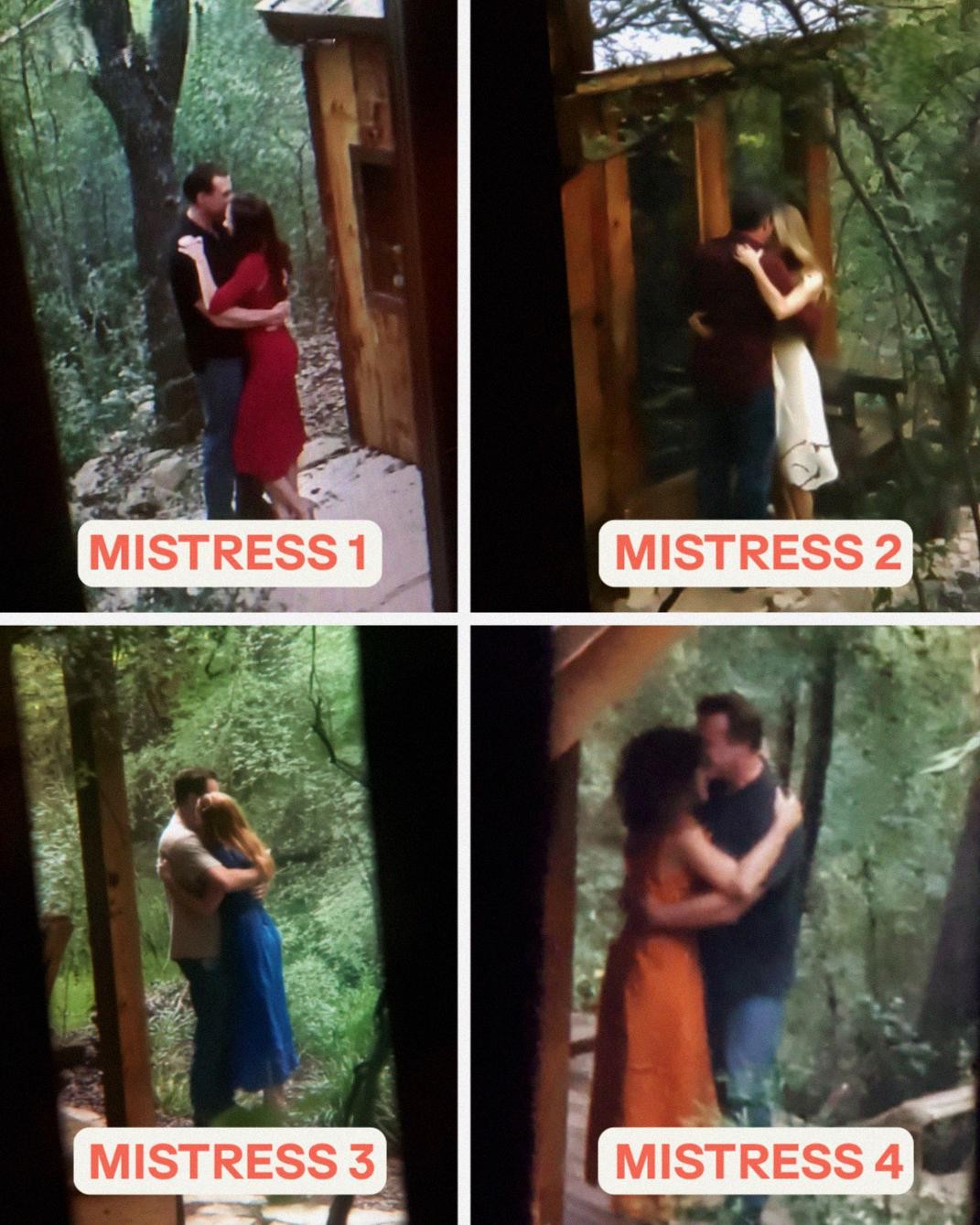It happened on a Tuesday after a long, draining day at work. I decided to drive straight to the cabin to unwind. The moment I turned into the gravel lane, I froze. Liam’s car was parked there.
He had always avoided the place. Seeing his car felt wrong — like a light flicking on in an empty house.
I walked quietly to the window. Inside, he sat on the couch beside a woman I’d never seen before. They laughed like they belonged there. The realization hit me like a cold wind.
I didn’t confront him. I simply left.
The next day, I installed a few small security cameras around the property — one on the porch, one near the driveway, and one facing the living room window. I told myself it was for safety.
What I found confirmed what I already knew — and worse. He was visiting the cabin again, each time with someone new. It wasn’t just betrayal; it was a pattern.
Weeks later, while tidying his desk, I found a notebook. Inside were notes and details that made my stomach turn. I didn’t react. I documented everything quietly, as my mother would have advised: “If you act, act with purpose.”
So when he suggested a weekend getaway to the cabin to “reconnect,” I agreed.
We packed and drove there together. I carried my mother’s quilt, her favorite tea jar — and one printed copy of what he had written.
At dusk, another car pulled into the driveway. The same woman from before stepped inside, cheerful until she saw me. Liam froze.
I placed the papers on the table. “You might want to read this,” I said softly.
There was silence. He didn’t deny it. He didn’t have to.
That evening, he stayed on the couch while I slept in the bed under my mother’s quilt. I didn’t cry. The next morning, I left before sunrise and didn’t look back.
In the weeks that followed, word spread about what he’d done. It wasn’t my doing — truth has a way of finding its own path. His career began to unravel, and the image he built started to fade.
I changed the locks on the cabin. When he asked to return “just to talk,” I refused. “You’ve said enough,” I told him.
He moved out soon after. The silence he once mocked became my peace again.
A year has passed since then. The cabin is restored — the porch mended, the shutters painted, lemon balm growing by the window like before. I spend evenings there wrapped in my mother’s quilt, listening to the creek and the fire crackling inside.
I never shared the evidence or sought revenge. I didn’t need to. The truth was enough.
One night, I burned that old notebook page by page. The smoke rose through the trees, carrying the last trace of what once hurt me.
When the final page turned to ash, I whispered, “It’s over.”
And this time, I knew it truly was.
Now, when I sit on the porch and the wind moves through the leaves, I like to think my mother’s voice is there — calm and sure as ever.
“You did the right thing,” she says.
And I finally believe her.
